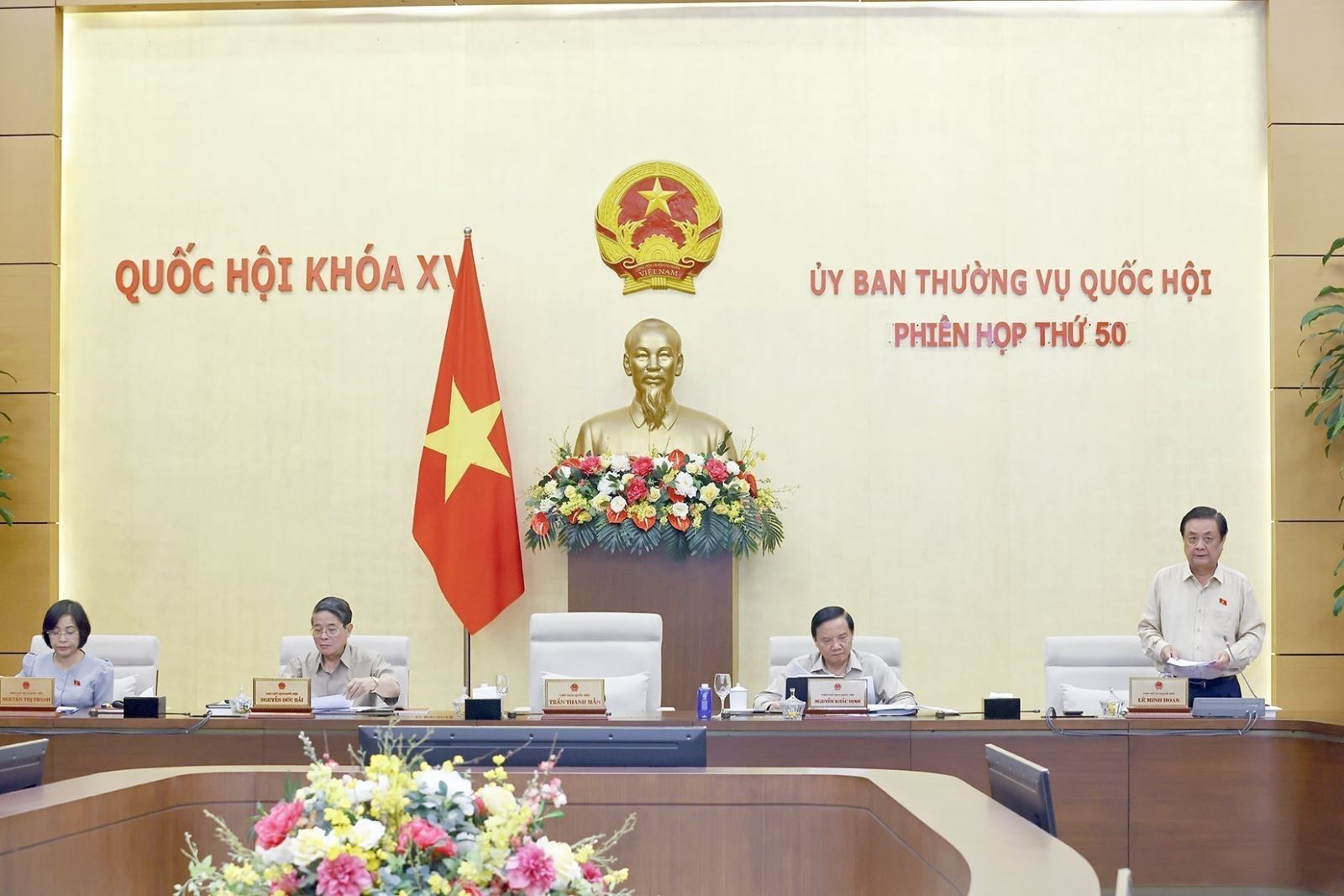
Examining the draft Law on Digital Transformation, the National Assembly's Committee for Science , Technology and Environment (KH,CN&MT) agreed with the necessity of promulgating the Law on Digital Transformation (CDS) with the proposals in Submission No. 804/TTr-CP dated September 17, 2025 of the Government; the dossier of the draft Law on Digital Transformation submitted by the Government according to the simplified order and procedures is eligible to be submitted to the National Assembly Standing Committee (NASC) for consideration before submitting to the National Assembly at the 10th Session.
The content of the draft Law is basically consistent with the Party's policies, ensuring constitutionality, legality, consistency with the legal system, compatibility with relevant international treaties; ensuring feasibility. However, it is recommended that the drafting agency continue to review and compare the draft Law with relevant laws in areas such as investment, bidding, state budget, etc.; at the same time, closely coordinate with the drafting agencies of the Law projects being submitted to the National Assembly for consideration and approval at the 10th session of the 15th National Assembly (Law on E-commerce, Law on High Technology (amended), Law on amending and supplementing a number of articles of the Law on Intellectual Property, Law on Cyber Security, etc.) to ensure consistency in the legal system.
Speaking at the meeting, Chairman of the Delegation Affairs Committee Nguyen Thanh Hai highly appreciated the content of the draft law, which was issued for the first time, following the very new and very open content of digital transformation. "Currently, this issue is still taking place very strongly in ministries, central and local branches," said Ms. Nguyen Thanh Hai.
Commenting on the draft law, Ms. Nguyen Thanh Hai suggested that it is necessary to review it to synchronize and unify it with specialized laws. The draft law on Digital Transformation stipulates infrastructure, digital government , digital society, prohibited acts, such as: Prohibiting the use of digital transformation to violate national security... However, it is necessary to review it with a number of previous laws so that when implementing and deploying, there are no inadequacies or overlaps, such as the Penal Code, Criminal Procedure Code, Cyber Security Law, Telecommunications Law, Law on Electronic Transactions, Law on Personal Data Protection...
Regarding some concepts such as "serious damage", "sensitive data"..., the Chairman of the Delegation Work Committee said that it is necessary to have clearer regulations so that legal disputes do not arise when implemented. At the same time, the draft law needs to fully cover emerging high-tech crimes, such as: No specific regulations on crimes using AI to create fake content, exploit blockchain vulnerabilities, or develop cyber attack tools... Therefore, it is necessary to review and supplement to avoid letting criminals escape, reducing the effectiveness of preventing and combating high-tech crimes.
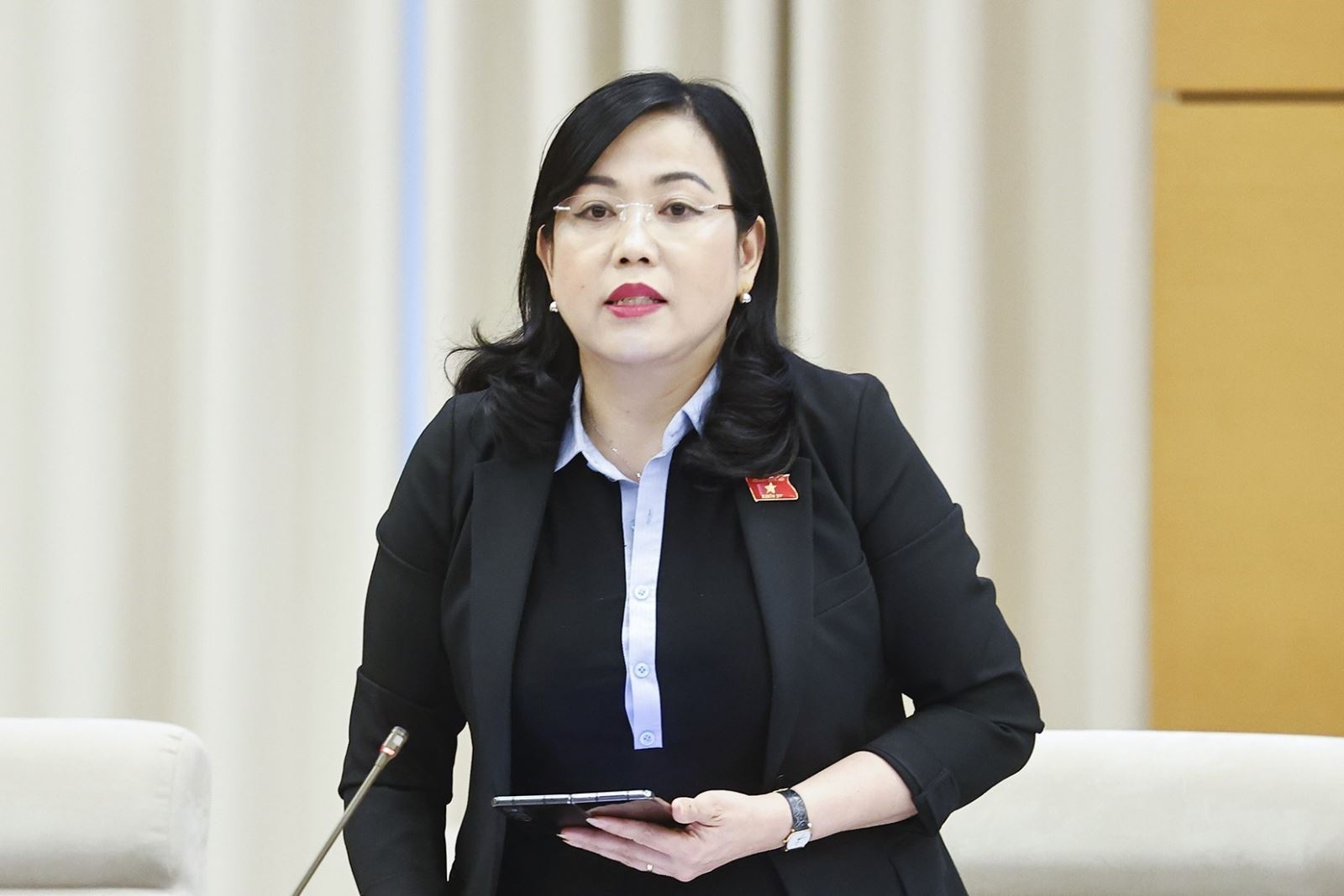
Regarding the story of AI being used for harm as mentioned by Chairman of the Delegation Work Committee Nguyen Thanh Hai, Chairman of the Economic and Financial Committee Phan Van Mai also wondered about the legality of digital consultants. Because, currently, many experts, organizations, and even leaders use AI consulting, which can be a part, or even the whole decision of the problem. "The legality of AI consulting products is increasing, and even in agencies, leaders, staff... Therefore, we need to research to plan further", Mr. Phan Van Mai emphasized.
The Chairman of the Economic and Financial Committee also suggested that it is necessary to supplement Article 5 and review other articles on prohibiting organizations and individuals from taking advantage of the digital environment to infringe upon the legitimate rights and interests of other organizations and individuals. "In many chapters, the article continues to be reviewed, how to clearly establish the digital rights and obligations of the participating parties. This is an important story that I personally feel has not been fully expressed, and needs to be further researched," Mr. Pahn Van Mai said to clarify further.
Regarding some specific contents such as infrastructure for digital transformation (Article 10), the Committee on Science, Technology and Environment requests the drafting agency to clarify the relationship between the artificial intelligence system data center in Clause 1, Article 10 of the draft Law and the digital technology industry infrastructure stipulated in the Law on Digital Technology Industry.
In addition, the Committee on Science, Technology and Environment noted that the current Investment Law has assigned the Government the authority to promulgate the List of preferential investment sectors and occupations and the List of preferential investment areas and to identify special preferential investment sectors and occupations. At the same time, the Investment Law is also being proposed to be amended and submitted to the National Assembly for approval at the 10th Session. Therefore, it is recommended that the drafting agency review relevant provisions in the Investment Law and closely coordinate with relevant agencies and organizations to ensure consistency and unity among the draft Laws.
Regarding the provision of online public services (Article 19), the Committee on Science, Technology and Environment recommends that the drafting agency consider the regulation: Online public services are designed and provided according to people's life events and business life cycles, aiming at personalization to suit the specific needs of each individual and organization (Clause 4, Article 19). Because administrative procedures have clearly defined procedures, implementation methods and competent authorities, ensuring equal rights of subjects performing administrative procedures according to the provisions of law. Regulations such as those in the draft Law can lead to arbitrariness and lack of consistency in the implementation of administrative procedures between different agencies in the state administrative apparatus.
Regarding the digital economy (Chapter IV), the Committee on Science, Technology and Environment proposed to clearly define the scope of the "digital economy" regulated in the draft Law with economic fields regulated in the laws on commerce, e-commerce, consumer rights protection, credit, banking, insurance... using digital technology, digital platforms; at the same time, review with the draft Law on E-commerce in the process of building and adjusting regulations related to digital platforms, responsibilities of owners and users of digital platforms in the digital economy, platform digital economy, digital economy of industries and fields (Articles 26, 27, 28, 33, 34, 35 and 42 of the draft Law).
Regarding digital society (Chapter V), the Committee on Science, Technology and Environment proposed to study and supplement specific regulations on the order and procedures for notifying the basic operating principles of algorithms in cases where such algorithms have a direct impact on the rights and legitimate interests of citizens (Clause 5, Article 50); consider supplementing regulations assigning the Government to specify in detail the order, procedures, and competent authorities to resolve so that people can exercise their rights in the digital environment...
Source: https://baotintuc.vn/thoi-su/luat-chuyen-doi-so-can-ra-soat-ky-luong-de-tranh-bo-lot-toi-pham-su-dung-cong-nghe-cao-20251016103946314.htm





![[Photo] General Secretary To Lam attends the 18th Hanoi Party Congress, term 2025-2030](https://vphoto.vietnam.vn/thumb/1200x675/vietnam/resource/IMAGE/2025/10/16/1760581023342_cover-0367-jpg.webp)

![[Photo] Nhan Dan Newspaper launches “Fatherland in the Heart: The Concert Film”](https://vphoto.vietnam.vn/thumb/1200x675/vietnam/resource/IMAGE/2025/10/16/1760622132545_thiet-ke-chua-co-ten-36-png.webp)




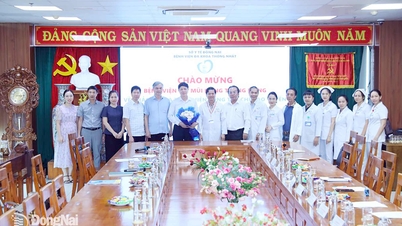


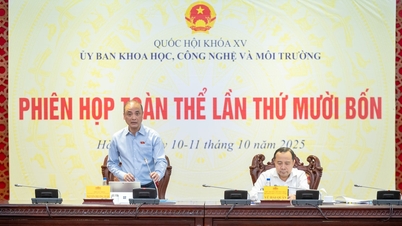





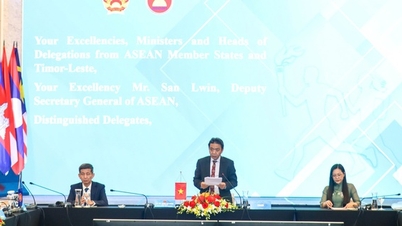

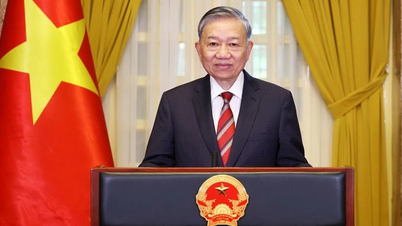


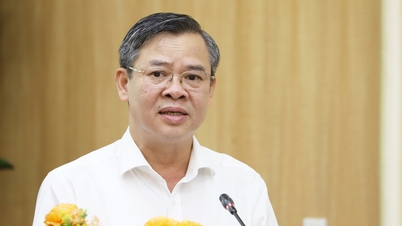
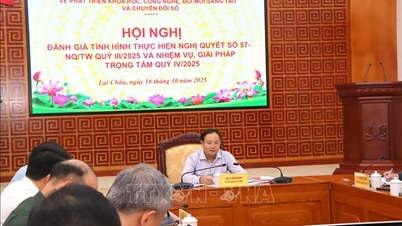




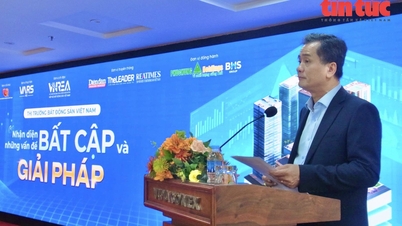


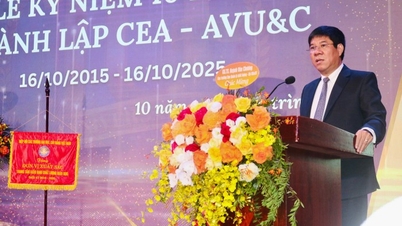
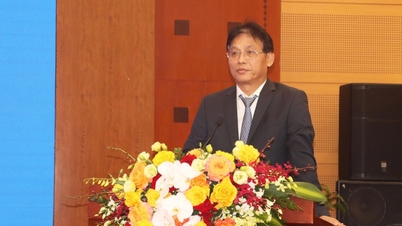







![[Video] TripAdvisor honors many famous attractions of Ninh Binh](https://vphoto.vietnam.vn/thumb/402x226/vietnam/resource/IMAGE/2025/10/16/1760574721908_vinh-danh-ninh-binh-7368-jpg.webp)

























![[Photo] Nhan Dan Newspaper launches “Fatherland in the Heart: The Concert Film”](https://vphoto.vietnam.vn/thumb/402x226/vietnam/resource/IMAGE/2025/10/16/1760622132545_thiet-ke-chua-co-ten-36-png.webp)





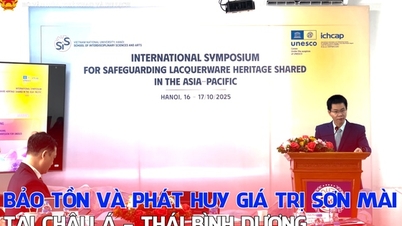

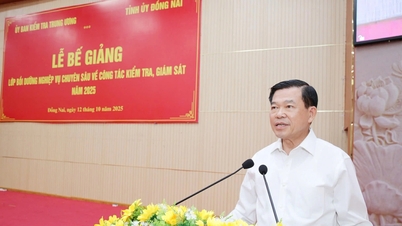



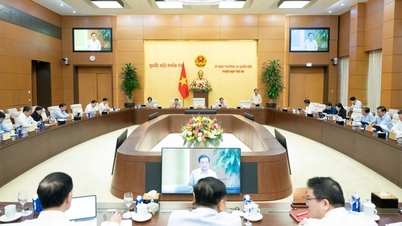


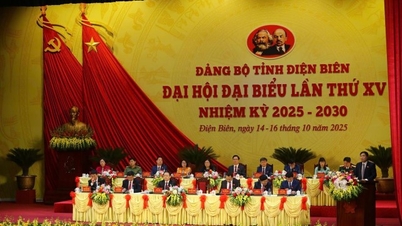

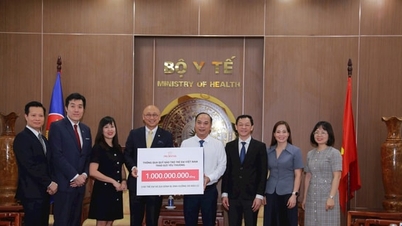




















Comment (0)